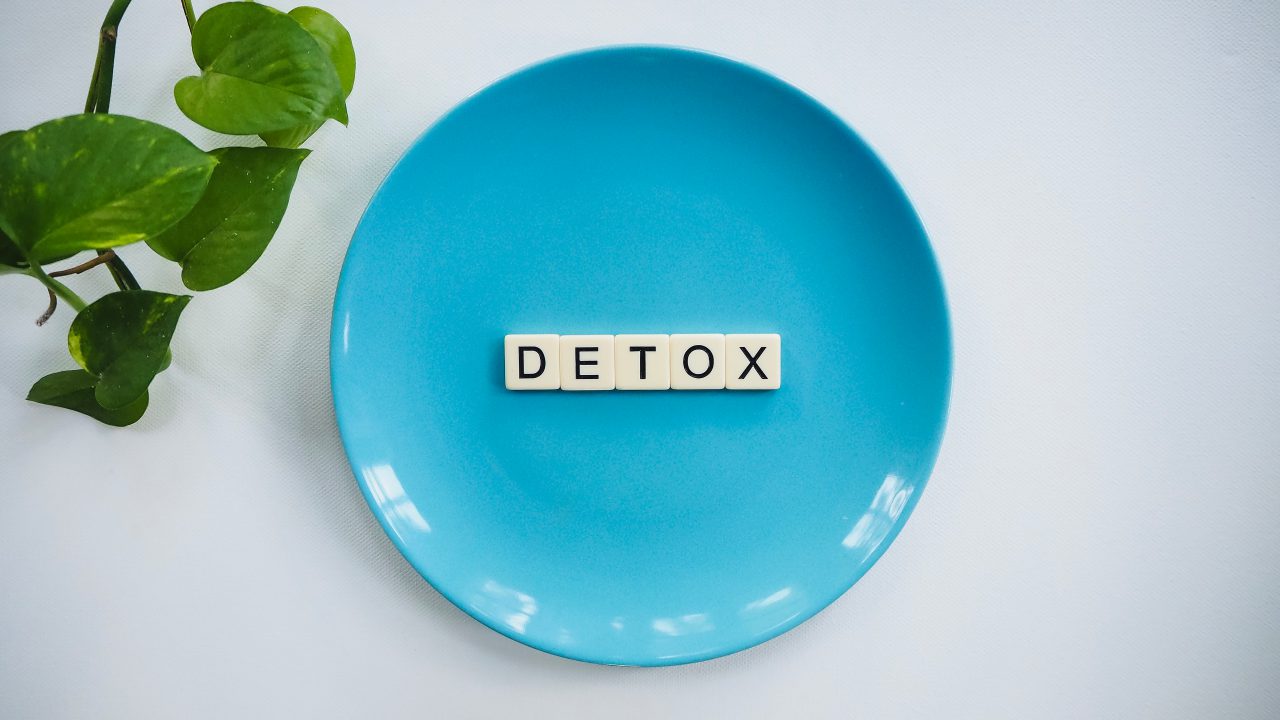
Detox Diets and Intermittent Fasting
Nowadays, the so-called “detox” diets are getting a lot of attention and are slowly getting quite popular. The foundation behind these diets is based on the hypothesis that usually a lot of foreign for the body chemicals such as Persistent Organic Pollutants (POPs) that food contains is harmful and, therefore, you need to take action in order to get rid of them. Furthermore, supplement companies also rely on this hypothesis to sell their “detox supplements” which are usually quite expensive and some of which also contain foreign to the human body chemicals, or artificial micronutrients.
The aim of this article is to review the current body of literature and provide greater insight for the readers.
Literature Review
People tend to believe “famous” individuals with no educational background whatsoever on many topics and, unfortunately, detox diet is one of them. Usually, the main source of detox prescriptions comes from online coaches or Instagram “influencers”. Considering the majority of these individuals are not registered nutritionists, following diets that have been prescribed by such people is quite risky (Toth et al., 2019).
The human body has evolved highly sophisticated mechanisms for eliminating toxins. Kidneys, liver, gastrointestinal system, and lungs all together play a massive role in the excretion of unwanted substances. These mechanisms tend to be sufficient enough in detoxicating the body. However, there may be some cases in which external help may be required. Currently, there is no evidence to suggest that any of the detox diets can help in getting rid of the unwanted substances (Klein and Klat, 2014). Nevertheless, some foods may contain certain nutritional components that could potentially aid the excretion of such substances. However, more research is required to determine such claims.
Calorie intake
Furthermore, the majority of the detox diets contain less than the recommended protein and calories intake for the average adult. This does not suggest that following such a diet can result in a negative outcome acutely. However, adhering to such calorie intake can be significantly harmful in the long-term due to various reasons. Most extreme cases have shown people in the ‘70s dying from adhering to diets that contained ~400 kcal/day for prolonged periods (Klein and Klat, 2014). Although this has nothing to do with detox, it just shows how harmful adhering to a such diet can be.
Intermittent Fasting (IT)
IT has been well researched and the mechanism behind it is quite similar to detoxication. The risk of chronic diseases such as diabetes and even multiple sclerosis (Patterson et al., 2015; Cignarella et al., 2018) can be significantly reduced via IT. This suggests that no negative impact would occur by implementing it as a tool. Simply by allowing the body to adequately digest all of the food consumed, a lot of biological markers are enhanced. Including less inflammation.
Implementing IT can also have a positive impact on weight loss (assuming that is one’s main goal). For instance, performing a 16-24hr fast once per week will significantly reduce the weekly calorie intake. Hence resulting in a greater deficit. Furthermore, implementing IT allows more room for food for the rest of the week. Hence may result in enhanced mood (as we are all aware of how hard it is to adhere to a diet that reduces the food intake significantly).
The Placebo Effect
The placebo effect is positive outcomes that are attributable to the psychosocial context and individual treatment expectations rather than the action of the medication or intervention (Miller, Colloca, and Kaptchuk, 2009). Evidently, if somebody tells you that the detox diet will be significantly beneficial for your health and overall wellbeing, you would usually believe it. Trying to be as unbiased as possible, this may be the main reason why people tend to believe so much in detox diets.
Ultimately, the lack of evidence behind detoxication diets should make people more skeptical about it. Instead, a different, more researched approach is strongly advisable.
P.S. The aim of this article is simply to provide greater insight into the topic. Not to deny the effectiveness of detoxication. I strongly advise readers to conduct their own further research.
LIPOVSKIFITNESS
References
Toth, J., O’Conner, Hartman and Horne (2019). “Detoxify or Die”: Qualitative Assessments of Ontario Nutritionists’ and Dietitians’ Blog Posts Related to Detoxification Diets – Canadian Journal of Dietetic Practice and Research. [online] Dcjournal.ca. Available at: https://dcjournal.ca/doi/abs/10.3148/cjdpr-2018-047 [Accessed 20 Oct. 2019].
Miller, F., Colloca, L. and Kaptchuk, T. (2009). The Placebo Effect: Illness and Interpersonal Healing. Perspectives in Biology and Medicine, 52(4), pp.518-539.



